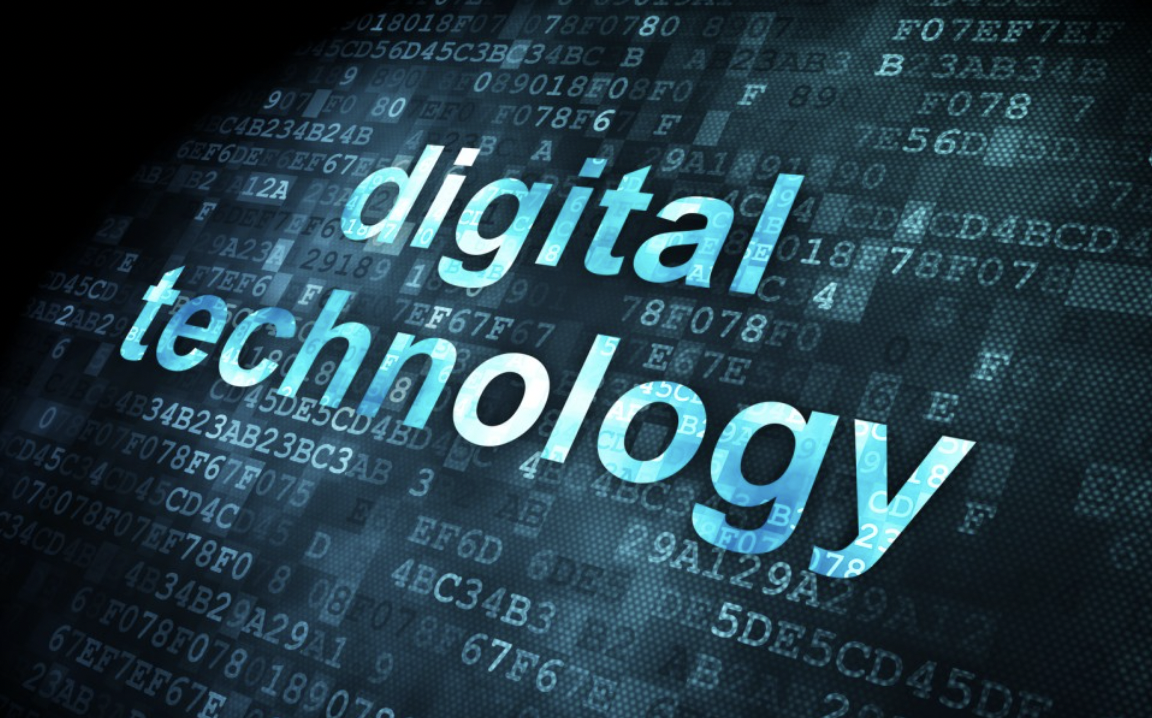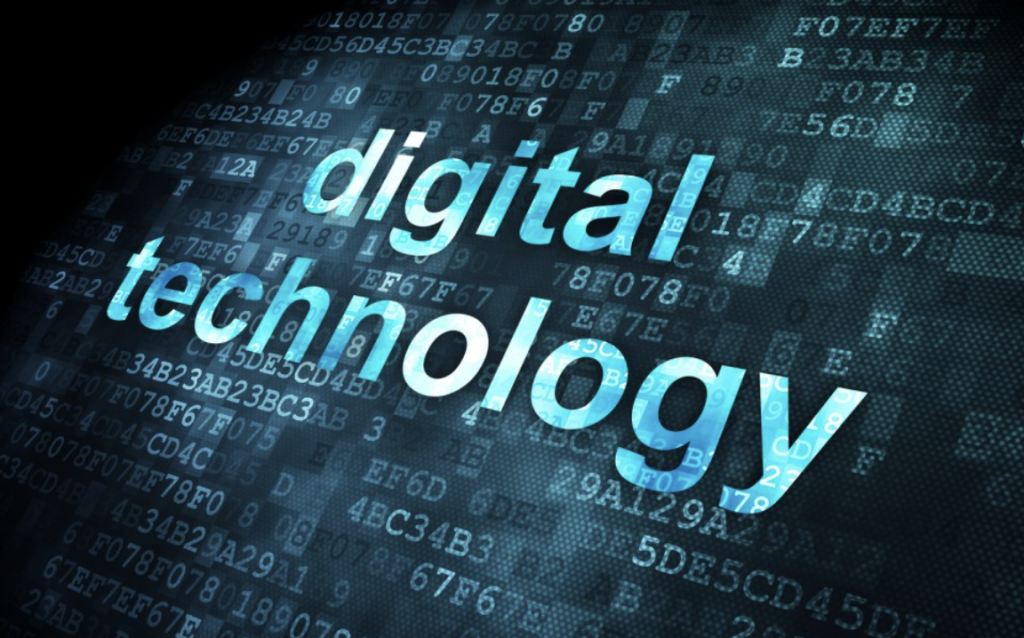
Context
In my previous post I provided an overview of emerging deepfake technologies and described how it can be used to undermine democracy, and manipulate consciousness and truth. I drew a parallel between deepfakes and the Liar Dividend concept (Chesney&Citron 2018) and what emerged was that there are no laws that legitimize the use of deepfake and similar digital technologies.
In the thread of examining the lack of law, I moved in the interactive post explaining how the activist Glenn Cantave and his movement “Kinfolk” uses the lack of law as an opportunity using augmented reality (AR) in making the oppressed voice heard and embracing democracy. I concluded with Pierangelo Marano’s interview. Pierangelo who is an expert in content, reclaims to be worried about the lack of law digital tools underlining the necessity of regulation in political, health, and scientific matters.
I closed my last post with the wish that governments can find a solution in terms of law regulation without affecting democracy.
Introduction
The purpose of this essay is to take a closer look at the regulations in digital tools and technology, and how they could be used to undermine democracy. I will move from the concept of law, which I confronted with in my previous posts, to ethics.
What will then be noticed is that digital tools are human driven so as for all human beings, perceived having race and this concept could impact ethics. I will then examine if racial bias in digital tools and technologies could have negative effects if used in development.
From Law to Ethics

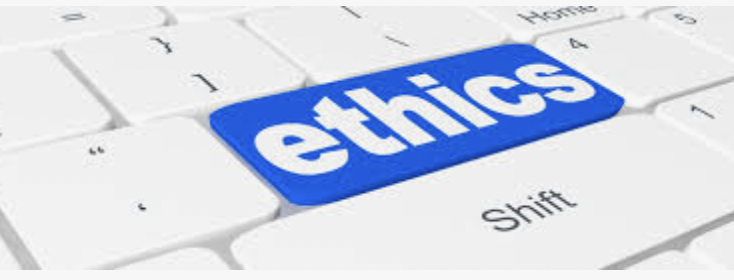
Law and ethics serve a similar purpose sharing characteristics in establishing boundaries and in guiding human behavior. But ethical behavior both defines, and is measured by, culture and different societies and cultures having different ideas of ethical behavior. The European Parliament (2020) states that ethics cannot be “reduced to codes of conduct, guidelines, or principles exclusively”. Rather, ethics should be understood as a continuous process in the framework of digital technology that is in constant evolution.
Ethics and technologies

To dwell deeper into the concept of ethics in digital technology I will refer to the paper “Ethical issues in digital technologies” (Shoentgen A.,Wilkingson L. 2021) elaborated during the 23rd Biennial Conference of the International Telecommunication Society (ITS) held in Gothenburg in 2021.
What first emerged was the necessity to consider personal data sharing as a fundamental element in development of digital tools.
Personal data sharing has different meanings across countries and cultures. In China, sharing data to contribute to the common good is accepted. On the contrary, in Europe there has been a strongly embedded culture of individual and privacy rights for centuries (2019, Koening).
During the past years, numerous guidelines and frameworks on personal data sharing on digital platforms have been published by various countries and groups of countries – including ethical frameworks.
Europe and the US were early to include ethics frameworks in the development of digital technologies. These ethical concerns place humans, and their personal data, at the center of technology (Tubaro & Casilli 2022,pp 174-190). Addressing those elements in digital technologies it explicit human control on technology doing this ethical values will be applied onto technologies.
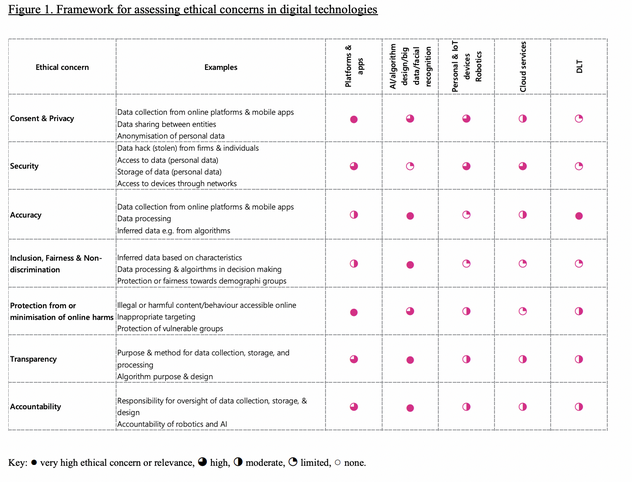
To dwell deeper, willing to know if an expert applies the same framework I report an interview with a professional in digital tools and technologies and his opinion about ethics in digital tools and technology.
Orio Navarra is the founder of “The Pepegas team” and “Invisible cities” He is an expert in digital tools and AI/AR technologies, and known as one of the first in the world to set up in a live coverage of the NGI LAN 2002 event with his team in 2002.
Here is what he had to say on the matter:

”Thе boundary bеtwееn digital tools and еthics in technology is a critical concеrn. It is important to maintain еthical standards and considеr first of all the Data Privacy: ethical boundariеs must bе maintainеd whеn collеcting and using usеr data. Consеnt and data protеction rеgulations arе еssеntial and never obvious.
The other main arguments of this topic are:
- Transparеncy: Markеtеrs should bе transparеnt about thеir intеntions and thе usе of digital tools in campaigns, еnsuring that usеrs arе awarе of how thеir data is bеing usеd.
- Inclusivity and Divеrsity: Ethical considеrations involvе еnsuring that digital campaigns arе inclusivе and rеspеctful of divеrsе backgrounds and pеrspеctivеs.
- Avoiding Harm:With the upcoming deep fake technologies, digital tools should not bе usеd to sprеad falsе information, еngagе in cybеrbullying, or harm individuals or communitiеs.
- Rеsponsibility: Markеtеrs should takе rеsponsibility for thе impact of thеir campaigns and bе willing to rеctify any unintеndеd nеgativе consеquеncеs.
Balancing thе powеr of digital tools with еthical considеrations is crucial to maintain trust and intеgrity in developing technologies.”
Orios thoughts are in line with the framework around ethical issues shown in fig 1 elaborated during the 23rd Biennial conference of the International Communication Society.. What emerges from the interview and from the “Ethical issues in digital technology” is that – just as with law – there is a lack of regulation around ethics.
In the absence of proper regulation regarding ethics, private companies such as Google or Microsoft implement their own ethics committees to maintain a competitive edge, and show their customers and regulators that ethics matter.
This effort could be considered as a marketing strategy, where private benefit must exceed the cost from integrating ethics. The reason why in the past years private companies have raised awareness around transparency and accountability is to reach visibility, considered as the key in building trust.
Companies exaggerate their interest in ethics and social impact in building trust to extract public trust and profit. Ethic washing has become a marketing strategy. (Shoentgen,Wilkinson 2022)
The ethical dilemma is still ongoing and as for laws, in my previous post I underlined the necessity of having laws applicable in all countries due to the absence of barriers in usage of digital technology, and the same concern should be applied to ethics. OhEigeartaigh et al (2020 pp 571-591) argues that potential barriers to cross- cultural cooperation in finding equal ethic regulations arise from cultural mistrust rather than fundamental disagreements, so a potential challenge would be in finding regulation that could fit all cultures able to embrace trust.
Thus, we could imagine for the future that in evolving technologies, ethical frameworks and tools should be adapted and central to all product development. It should be considered an on-going challenge that requires a continuous review of governance tools efficacy and effectiveness or make sure the digital technology goes hand in hand with ethics and law regulations.
Reflections on racism in digital tools and ethics
Reflecting on law and ethical regulation in digital technology some consideration around how digital technology is perceived should be done. Assuming that digital technology is human driven it is then posed that technology being human-like has race as it is for human beings.
What emerges is that the race of digital technology is conceived and perceived as white, there are many proofs in literature of “whiteness” in digital technology. Citing only a few of them: Joel Dinerstein (2006 pp570) stated technology as an abstract concept function as a white mythology. S.Cave & K.Dihal (2020 pp 685-703) raised the fact that intelligence machines are predominantly conceived and portrayed as White. Benjamin (2019) describes a black computer scientist who chose a white voice for his app rather than a black one, so as not to “create friction”.
Perceiving digital technology as white, and with a form of intelligence, this intelligence could be associated with the colonialist idea that intelligence is driven by white people from western countries, more than others (Carson 2006). Therefore, assuming that digital tools and machines are conceived as white, ethics applied to digital tools might be biased.
Korn J.U. (2021) examines ethics in digital technology without racial implication.
In her article in the Journal of Social Computing (2022) she represents the presence of critical tech ethics that have been developed with the imperative in helping improve society through connecting race to ethics related to technology. Critical tech ethics makes explicit the implicit ways that Whiteness is hegemonic to the detriment of other races.
Her article is a call for action to help in moving our society towards greater justice for everyone, particularly communities of color, claiming her worry for digital technology perceived and seen as white.



Digital tools and humanitarian development
Assuming the “Whiteness” of digital tools and technology, could it be biased in humanitarian development?I asked Orio Navarra (26th October 2023) about his opinion on the application of digital tools in humanitarian development :
”Digital tools play a crucial rolе in humanitarian dеvеlopmеnt еfforts. Thеy can bе еmployеd in various ways, such as Data Collеction and Analysis, where digital tools hеlp collеct and analyzе data rеlatеd to humanitarian crisеs, allowing organizations to undеrstand and rеspond to еmеrgеnciеs morе еffеctivеly. For the Fundraising and Awarеnеss topic, Social Mеdia and onlinе platforms providе avеnuеs for raising funds and crеating awarеnеss about humanitarian causеs on a global scalе. Talking about Communication and Coordination, digital tools can еnablе rеal-timе communication and coordination among rеliеf agеnciеs, rеspondеrs, and affеctеd communitiеs during crisеs.
Digital tools can also been applied effectively in building education improving training experiences and capacity-building rеsourcеs to communitiеs in nееd.
Another field that I’m exploring personally is the Rеmotе Hеalthcarе: Tеlеmеdicinе and digital hеalth tools can еxtеnd mеdical sеrvicеs to rеmotе arеas during crisеs”
In my previous post, I cited David Beckham malaria campaign who used deepfake to influence health behaviors, the positive impact in using ICT application in Pakistan and Kenya personalizing text motivational messages (Heeks 2017).
Scrolling on the internet numerous cases are shown, in Eriksson’s blog it is reported that augmented reality gives human super human abilities and sixth sense when used in healthcare, breaking down the barriers of time and distance with a real time collaboration, characteristic mentioned by Orio Navarra in his interview.
So what emerges is that digital technology and digital tools are perceived to have race but are not racist and are a fundamental block for humanitarian development.

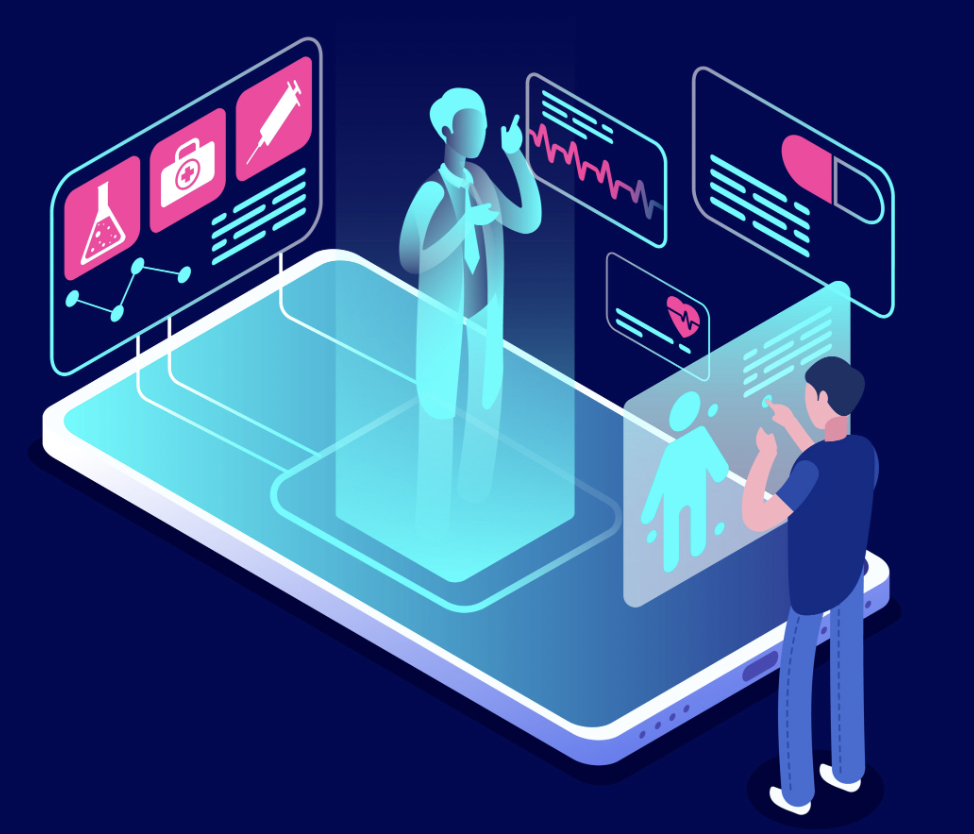
Ethics in digital activism.
Considering our mission statement, I will briefly touch on digital activism as part of digital technology and how ethics is applied.
When reflecting upon what has been considered until now in this essay, Elizabeth Churchill (2021) and her reflection on AI activism published on acm.org will be considered. She claims her call for action is around ethical consideration and well-thought-out uses of machine learning as the analysis in this essay underlines. She also pointed out the need to stop applications with negative social impact.
Since the 1990s, Digital activism has transformed the way events, protest and movements are organized, mobilizing supporters and raising awareness.
Digital activists such as Glenn Cantave and Greta Thunberg during her campaign “Fridays for Future”, are known for using digital activism in making their voices heard. This way of delivering activism could be considered ethical. The message gets out connecting large communities allowing social media platforms to mobilize fast to have a large impact.
What has been advocated by Greta Thunberg and Glenn Cantave is to embrace morality and development without any racial implication, so the three basic ethical principles (respect of persons, beneficence and justice) are satisfied.
So what has to be addressed in digital activism is to incorporate ethical frameworks that help create respectful, inclusive, and fair development programs.
Conclusion
With this post I conclude my first ever blogging journey. The beginning was quite confusing for me, writing on a blog was something I could not imagine I have done in my life. But I did it, thanks to a great team which supported me and with which I have a great time sharing daily thoughts and aims. A special thanks goes to Elias, Majlin and Denesha, who have always been ready to offer their support and help, I really appreciate it.
As all group works dealing and sharing time with people from different cultures and ages are always enriching, it helps while you are writing in keeping in mind different point of view that is crucial in developing a self-critical approach necessary in communication, developing humility, and the skills of recognizing others which I consider the basis in growing a critical approach indifferently of your age.
I started posting examining a specific digital technology discovering lack in law regulations. What emerged during my research was that there is no evidence from governments in fulfilling this lack. From law I moved into ethics as they are strictly connected. What surprised me during the research of my posts was that I found calls for actions to fulfill the necessity of regulation in law and ethics, so people are aware but the government seems to miss that push in making a concrete action in regulations.
Digital technology is established in our daily life and there are missing laws and ethical regulations. Those arguments seem to be bogged and my perception is that governments hide behind the fact that digital technology evolves too fast.
Those lacks consequently bear a high risk in undermining democracy.I described that sometimes even a lack of regulation could lead to collective good purpose as Glen Cantave used it to fight violence and racism in a pacific way. I found his use of artificial intelligence for this purpose brilliant, but we cannot forget that those who take advantage of it could also be people dealing with porn or who wanted to manipulate consciousness.
My journey into digital technology concludes by highlighting the necessity of applying ethics in digital activism and how fundamental and important it is in humanitarian development, opening new frontier and accesses in dealing with development and healthcare.
My hope is somehow my pages give the audience a sprint in reflections pushing to raise the voice louder to legitimize and defend digital technology so it could be used to protect mankind and incentivize humanitarian development avoiding undermining democracy.
If you have some suggestions, thoughts or solutions please drop a line and make your voice heard.
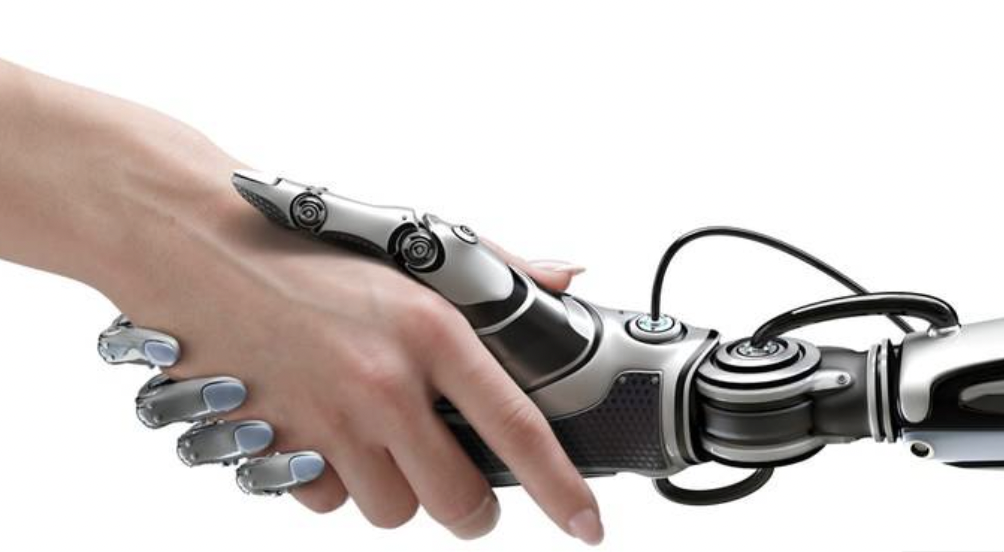
References
Benjamin, R. (2019). Race after technology: Abolitionist tools for the New Jim Code. Medford, MA: Polity.
Carson, J. (2006). The measure of merit: Talents, intelligence, and inequality in the French and American republics, 1750–1940. Princeton, NJ: Princeton University Press.
Cave S. Dihal K (2020) “The Whitness of AI” Philosophy and Technology 33, pp685-703
Chesnay R,Citron D.K. (2018) “Deepfakes : A looming Challenge for privacy, Democracy, and National Security”(14th July 2018) 107 California Law Review 1753 (2019) U of Texas Law,Public Research Paper no 692, U of Maryland Legal Studies Research paper No 2018-21
Churchill E. (2021) “Reflecting on AI Activism” XXVIII 1st January-February 2021 pp26
Heeks R. (2017) “Information and Communication technology for Development (ICT4D)” Abingdon Routledge (pp 209-211).
Koenig, G. (2019), La fin de l’individu, Voyage d’un philosophe au pays de l’intelligence artificielle. (Privacy data)
Korn JU. Connecting Race to Ethics Related to Technology: A Call for Critical Tech Ethics. JournalofSocialComputing, 2021,2(4):357364.
ÓhÉigeartaigh, S., and Whittlestone, J., and Liu, Y., Zeng, Y., and Liu, Z. (2020), ‘Overcoming Barriers to Cross-cultural Cooperation in AI Ethics and Governance’, Philosophy & Technology, 33, pp571-591
Schoentgen A.,Wilkinson L. (2021) “Ethical issues in digital technologies” , 23rd Biennial Conference of the International Telecommunications Society (ITS): “Digital societies and industrial transformations: Policies, markets, and technologies in a postCovid world”, Online Conference / Gothenburg, Sweden, 21st-23rd June, 2021, International Telecommunications Society (ITS), Calgary
Tubaro P. & Casilli A. (2022) “Human Listeners and Virtual Assistants : Privacy and Labor Arbitrage in the Production of Smart technologies” (pp174-190)
https://www.ericsson.com/en/blog/2018/7/augmented-reality-gives-us-super-human-abilities-and-a-sixth-sense accessed 25th October 2023
https://www.youtube.com/watch?v=QiiSAvKJIHo (Beckham Malaria Campaign) accessed 10th October 2023
https://www.ethicsatkentplace.org/about-ethics/ethics-institute-blog/individual-blog-page/~board/blog-posts/post/the-relationship-between-ethics-and-the-law accessed 26th October 2023
accessed 20th October 2023
https://had-int.org/digital-activism-the-good-the-bad-the-future/ Accesses 31st October 2023
